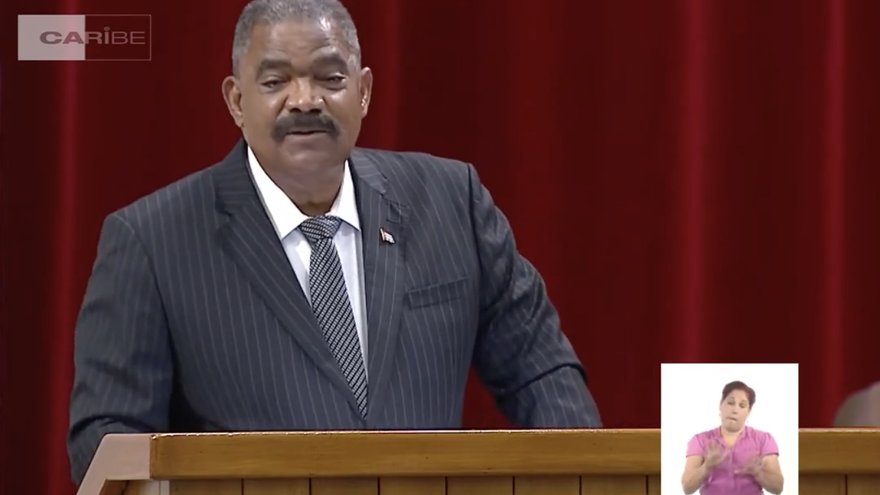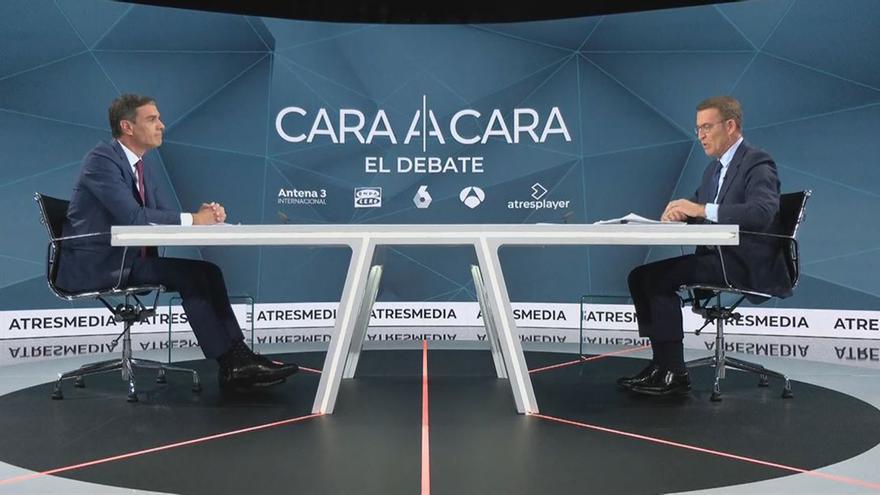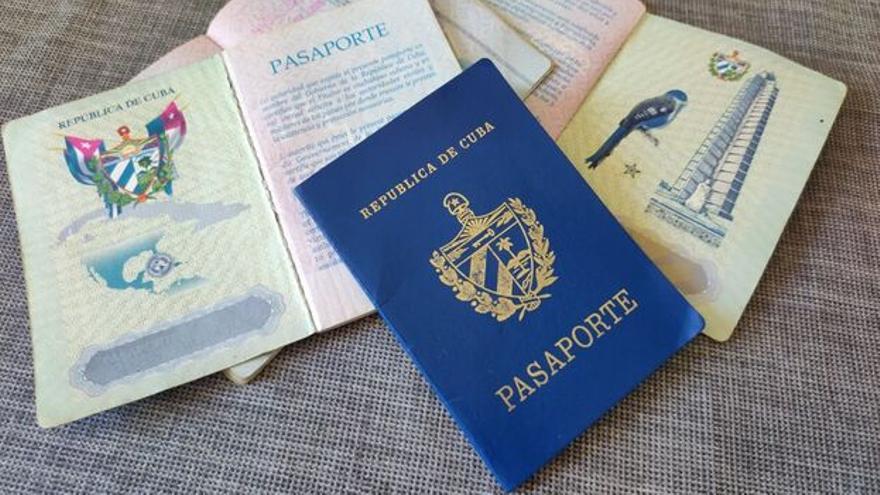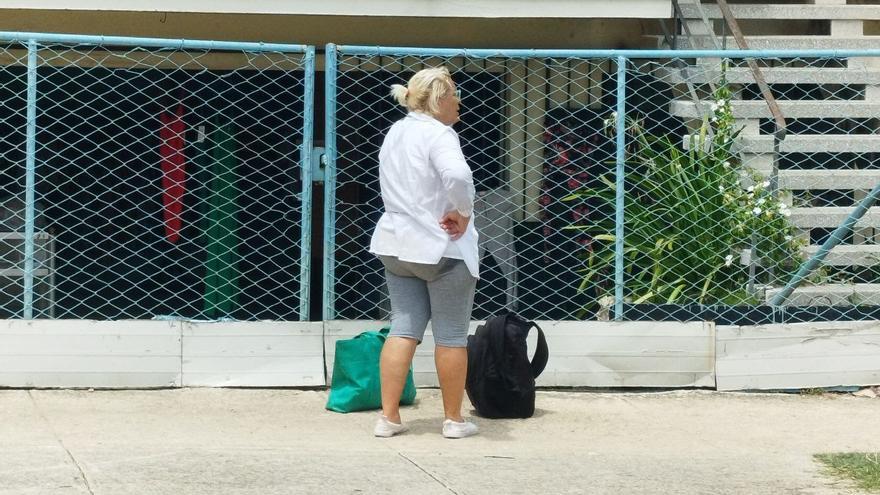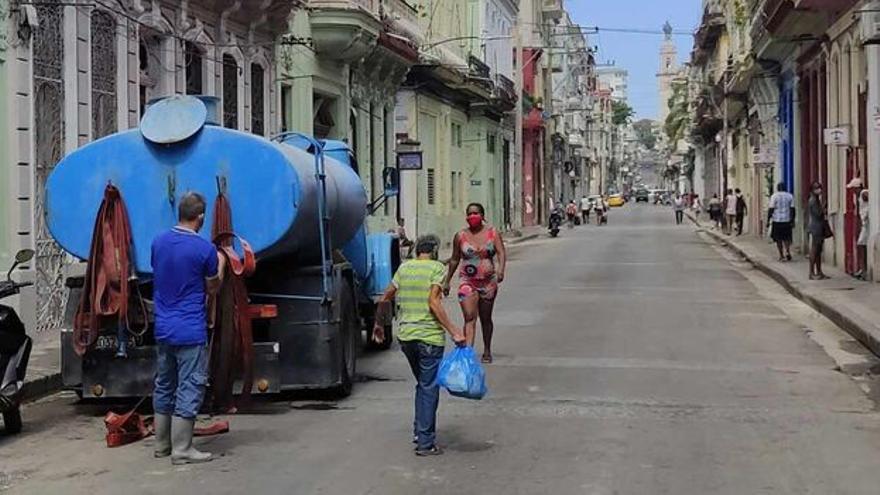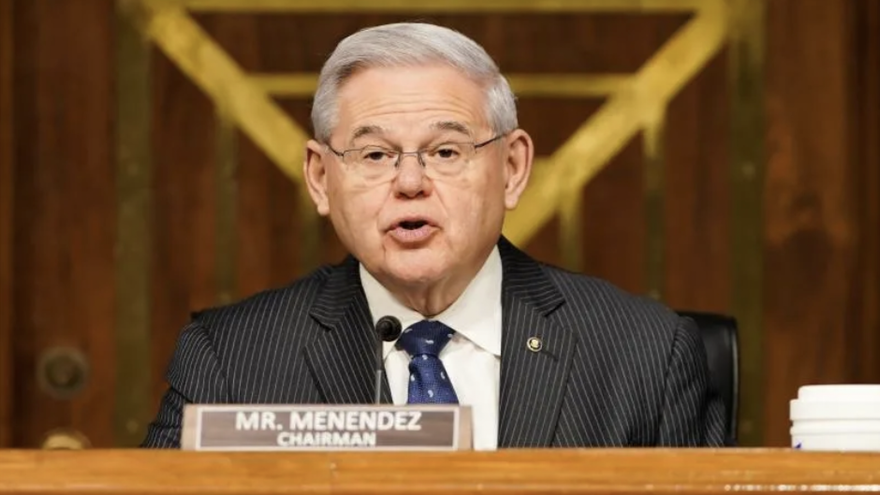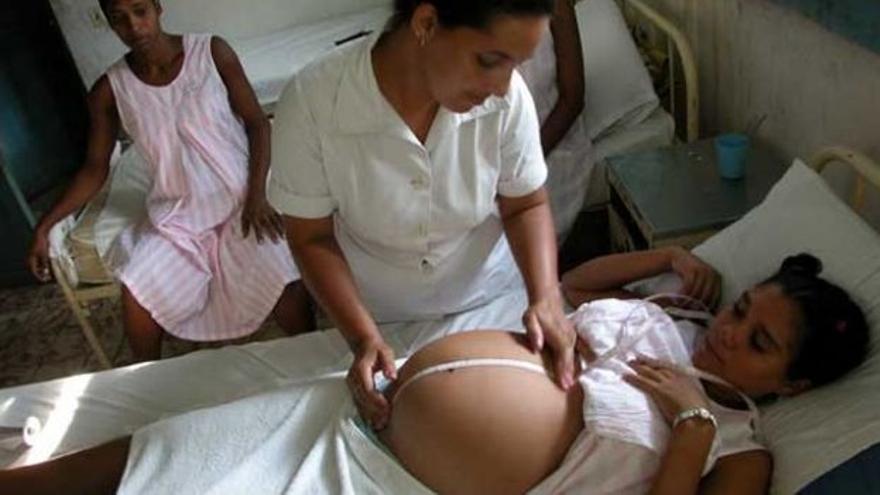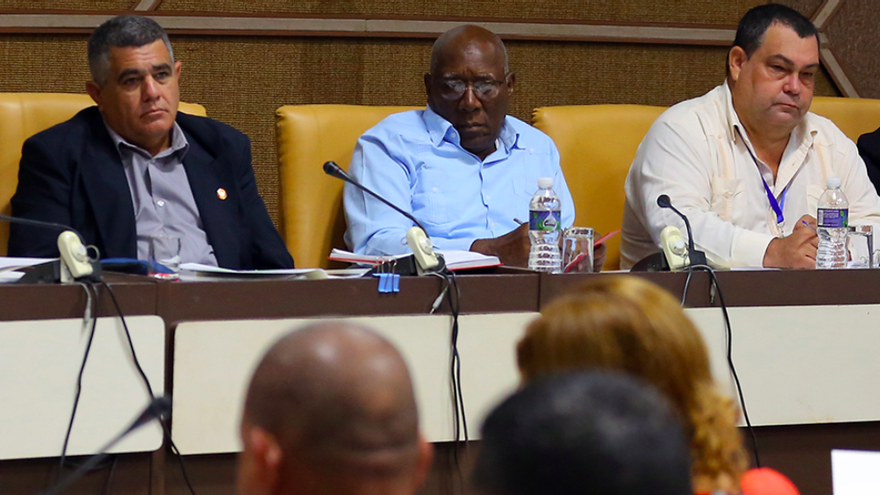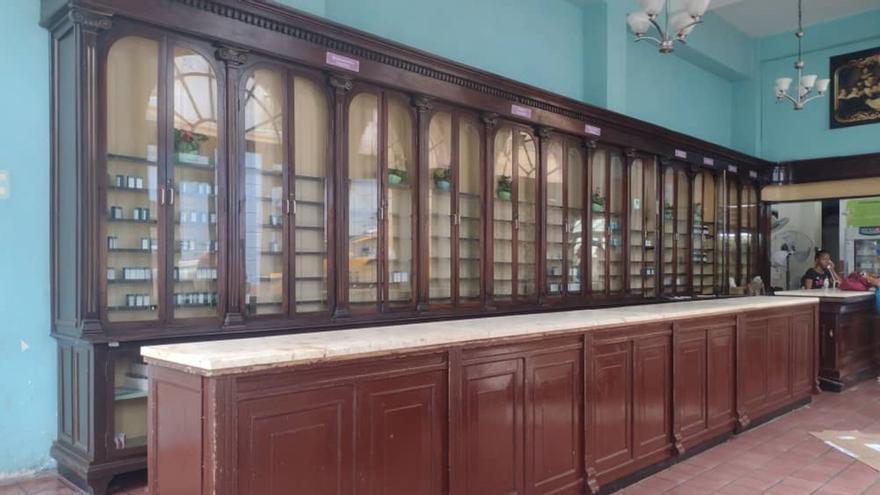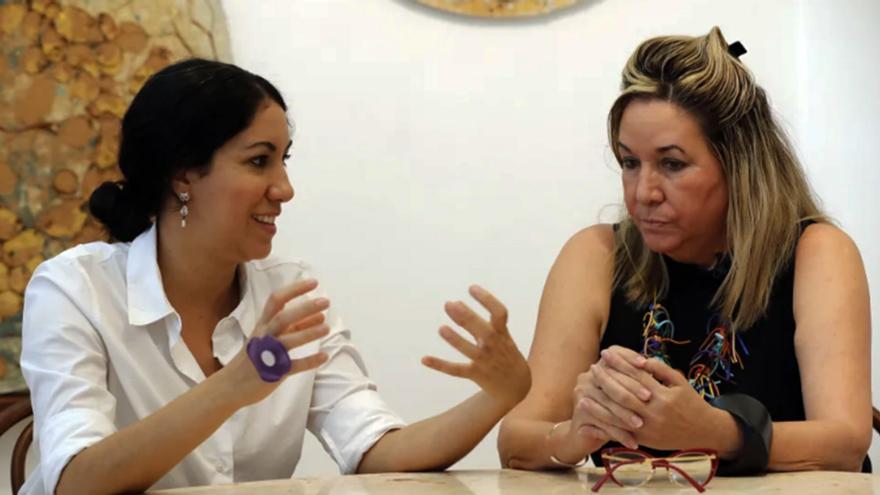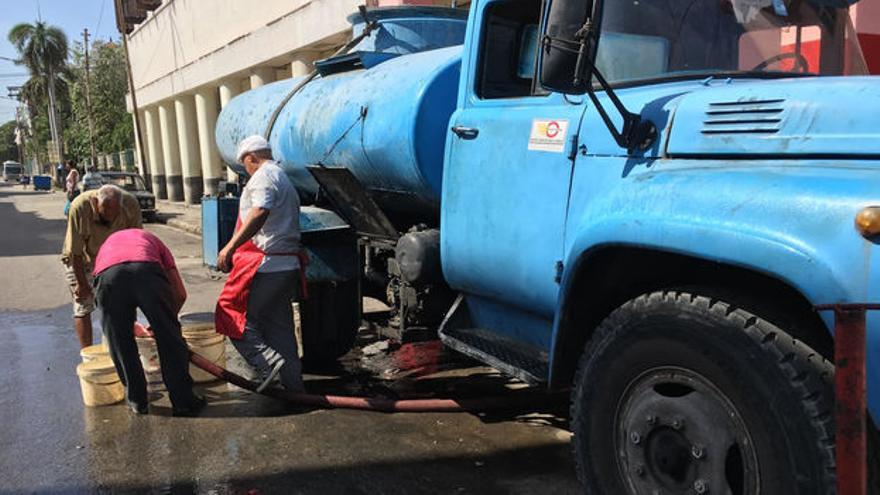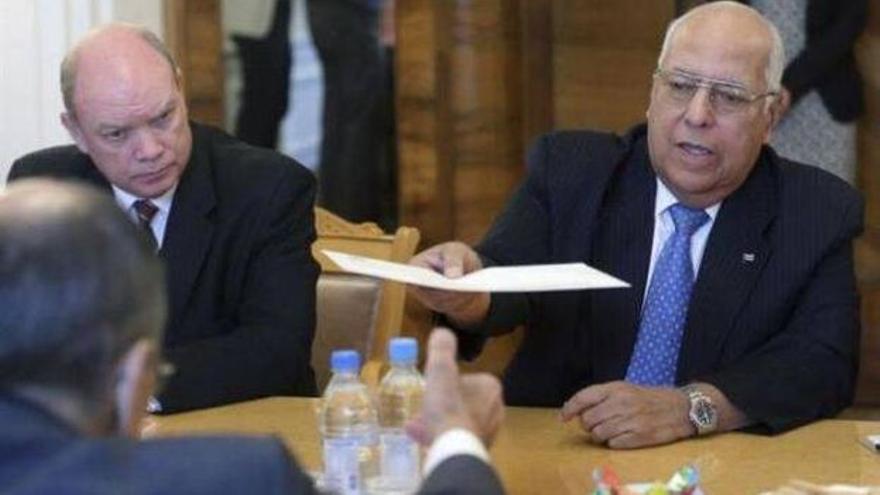Triana, who teaches Economics at the University of Havana and writes a column in OnCuba, raises the need to renegotiate the Island’s debt and clean up the image of the country, which has become “one of the highest risks in the region” in terms of investment.
To do this, he suggests that, in a hypothetical negotiation, one could make use of the “assets” that in theory belong to the “people of Cuba,” although they are specifically managed by their “administrator”: the State. Triana refers, first of all, to hotels, which he prefers not to deliver completely to foreign companies but to turn them into owners of “part of the shares.”
He also alludes to the 2,417 state companies, of which – he calculates – only 12 (0.4% of the total) are really “strategic” and carry the weight of the national economy. Triana recommends that these companies that “decide the game” do not touch each other, partly because some of them are already shared with foreign entities: this is the case of the Canadian Sherritt International, whose debt to the Island is paid by the overexploitation of Cuban nickel and cobalt mines; Havana Club, managed together with the French Pernod Ricard; and Habanos, which is partly owned by Spain. continue reading
The negotiation would be done with the rest of the state companies, which could be saved from their financial mediocrity if they are shared with foreign investors, who would work, without intending to, to “save” socialism on the Island.
To these two elements, Triana adds idle lands and idle plots in cities, where there are already “several buildings built by capitalist real estate companies,” such as the Miramar Business Center. The formula of the exchange of assets, the professor acknowledges, could be questioned, but after all, he concludes, “it’s something that began more than thirty years ago when that first contract was signed with a foreign capitalist and in just a few months the first five-star hotel in Varadero was born.”
However, Triana does not place the key to taking the step in the will of the State, which conveniently blocks the economic movements of the country, but in “consensus” with the people, to whom he recommends “explaining” what is intended to be done.
Precisely from this erroneous argument – to assume that the Cuban people have some control over the management of the national economy – Monreal starts to refute Triana’s suggestion. In a series of Twitter threads, the economist explains not only why the massive exchange of assets to pay off the debt is impracticable, but also the serious political risk it entails for Cuba.
Affirming that the people own the state assets is, at the very least, a “controversial” budget when it comes to reasoning the possibility of an economic opening. “Power,” says Monreal, means the ability to “decide a difference” and have a specific “property.”
“It could be difficult to validate the exercise of the power of the people, specifically of the wage earners, within the framework of an economic package such as the ’arrangement’ that has ’compressed’ wages and that disproportionately puts the cost of the adjustment on the workers,” Monreal summarizes. “Explanations to the people are problematic when they are politically treated as a ’clay’ to mold and not as an active subject (citizens) with effective capacity to promote or stop public policy proposals.”
In addition, the Cuban people do not have “effective citizen spaces for criticism of the Government,” which makes it impossible for them to participate in decision-making.
The economic aspect of the problem is even more serious, and to analyze it, Monreal refers to the data that reflect the great “scale” of the Cuban foreign debt, whose “recent worsening” leaves very little room for action, even for the State.
The economist starts from a central and unquestionable argument: “Cuba’s accumulated external debt is today greater than the Gross Domestic Product,” and the hyper-devaluation of the Cuban peso in 2021, after the Ordering Task*, was the final blow to the country’s ability to assume reimbursement in the current situation.
The country had to disburse 1.606 billion dollars to pay for debt service in 2022, at the same time that it recorded a deficit of 1.629 billion in its current account, which reflects a total income (exports of goods and services) lower than expenses. These alarming data point to a “severe contraction of the resources” to confront the debt.
The increasing deterioration of the current account has an impact on the foreign exchange reserves that Cuba has, says Monreal. In addition – and although the official data offered by Havana are outdated – the current crisis precedes the coronavirus pandemic, one of the usual pretexts the regime uses to justify the impoverishment of the country, and it is related to a “sudden increase in short-term debt,” which complicated the conditions of payment to creditors.
That stagnation put Cuba between a rock and a hard place in front of international banks and their suppliers, including the Paris Club. The information published by this last body exposed the different renegotiations that the Havana regime has been forced to undertake with its creditors since 2020.
Looking for a payment solution based on the exchange of assets is dangerous economically, says Monreal, especially because, considering the scale of the problem, what Cuba can offer is “relatively small.” Therefore, he insists, the real balance of such a measure would be paid politically and would not free Cuba from its status as an “international pariah” for its economic discredit.
What is left for Cuba – which has already delivered, as Triana observes, its “crown jewels”: minerals, tobacco and rum – are health services, communications, the domestic market in dollars and its dominance over remittances from abroad. The Cuban State is limited, Monreal maintains, in negotiating these remaining assets, in part because it has always kept them under strict control.
The market remains in pesos, which would have to be “sweetened” to have some attraction for the foreign investor, through tax privileges. However, this process would be an obstacle, the economist considers, if you want to “privatize” state enterprises progressively, a process, Monreal says, that is characteristic of all the reform processes initiated by the communist parties in power, “with disparate results.”
The alternative could be, proposes Monreal, the agricultural sector: to promote private agricultural production to guarantee the supply of food in national currency and allow producers to carry out operations, even with large companies outside the Island.
This transfer of state agricultural assets to the national private sector – a system that Monreal calls “officially approved” – could be beneficial, if accompanied by other measures, to reduce the external debt. The result? A double benefit: to guarantee the food sovereignty that Cubans crave so much and, in short, to protect national sovereignty.
*The Ordering Task is a collection of measures that include eliminating the Cuban Convertible Peso (CUC), leaving the Cuban peso as the only national currency, raising prices, raising salaries (but not as much as prices), opening stores that take payment only in hard currency, which must be in the form of specially issued pre-paid debit cards, and a broad range of other measures targeted to different elements of the Cuban economy.
Translated by Regina Anavy
____________
COLLABORATE WITH OUR WORK: The 14ymedio team is committed to practicing serious journalism that reflects Cuba’s reality in all its depth. Thank you for joining us on this long journey. We invite you to continue supporting us by becoming a member of 14ymedio now. Together we can continue transforming journalism in Cuba.

![]() 14ymedio, Havana, 25 July 2023 — The Ministry of the Interior of Guantánamo province announced, in a brief statement, the arrest last Saturday of the murderers of photographer Orlando Tamayo Guevara. The three detainees, whose identities have not been revealed by the authorities, were found in possession of money and two electric motor bikes belonging to the victim.
14ymedio, Havana, 25 July 2023 — The Ministry of the Interior of Guantánamo province announced, in a brief statement, the arrest last Saturday of the murderers of photographer Orlando Tamayo Guevara. The three detainees, whose identities have not been revealed by the authorities, were found in possession of money and two electric motor bikes belonging to the victim.
